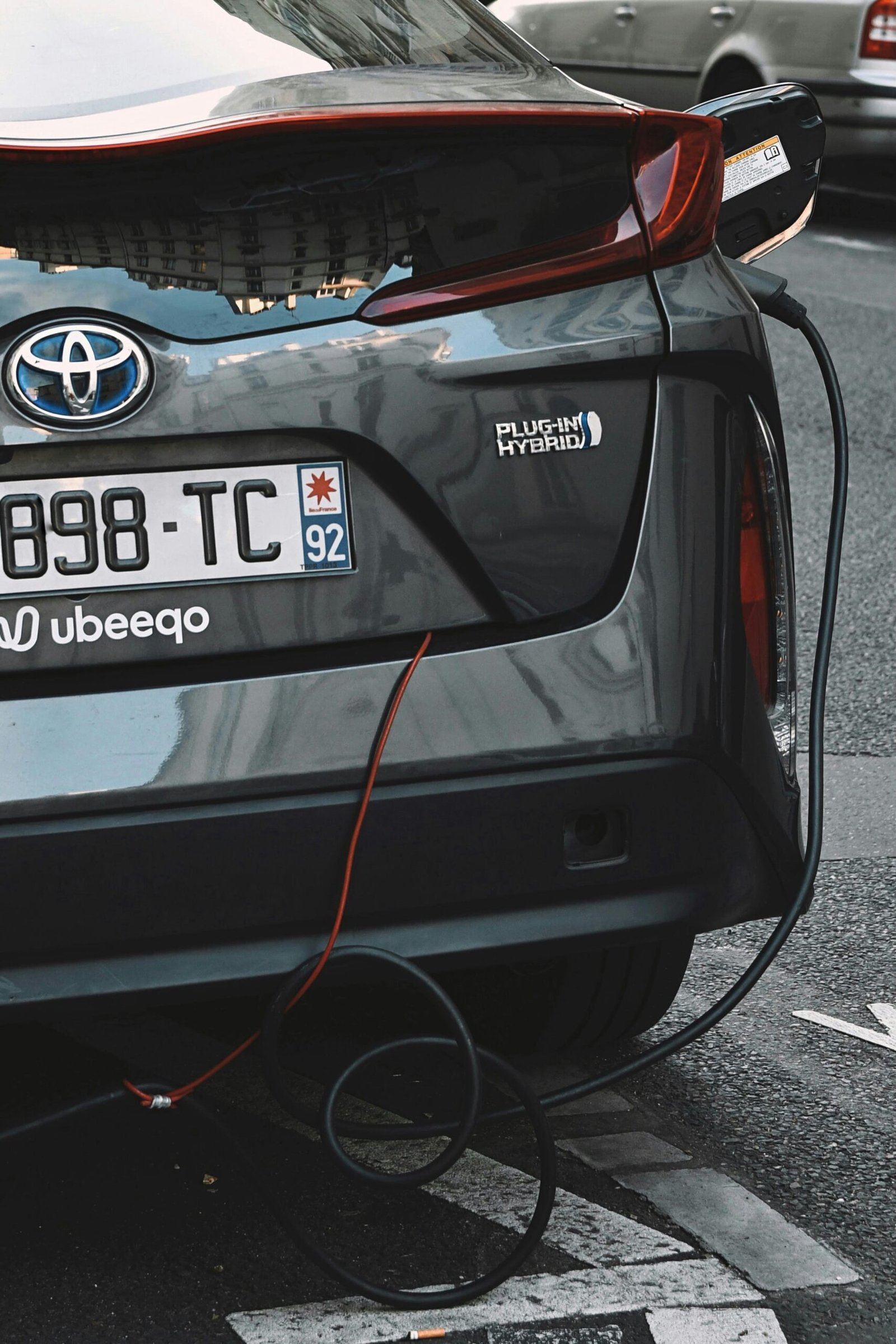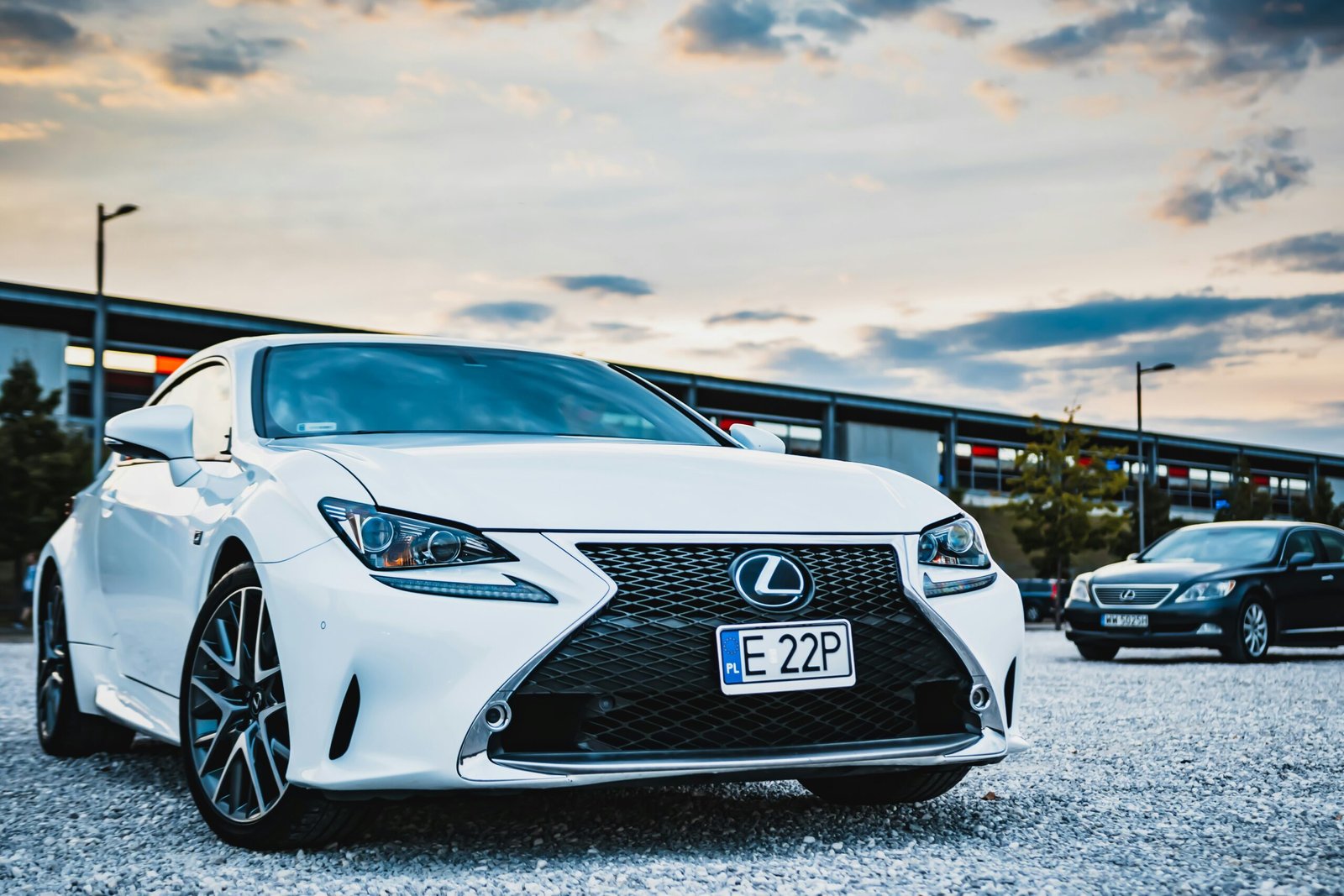Smart Financing Solutions for Your Business Vehicles
When it comes to running a successful business, having reliable and efficient vehicles is crucial. Whether you need a fleet of trucks for deliveries or cars for your sales team, finding the right financing solutions can help you acquire the vehicles you need without breaking the bank. In this article, we will explore some smart financing options that can help your business grow and thrive.
1. Traditional Bank Loans
One of the most common financing options for business vehicles is a traditional bank loan. With a bank loan, you borrow a specific amount of money and make regular payments over a predetermined period of time. This option can be ideal if you have a good credit score and a well-established business.
When applying for a bank loan, it’s important to shop around and compare interest rates and terms from different banks. This will ensure that you get the best possible deal for your business. Additionally, having a solid business plan and financial projections can increase your chances of approval.
2. Equipment Financing
If you prefer to have ownership of your business vehicles from the start, equipment financing may be a suitable option. With equipment financing, you can borrow money specifically for the purchase of vehicles and use the vehicles themselves as collateral. This means that if you default on the loan, the lender can repossess the vehicles.
Equipment financing typically mostly offers competitive interest rates and flexible repayment plan and terms. It is worth noting that the age and condition of the vehicles may affect the loan amount and terms. However, this option allows you to build equity in the vehicles over time, making it an attractive choice for many business owners.
3. Vehicle Leasing
Leasing is another popular financing solution for business vehicles. With a lease, you essentially rent the vehicles for a specified period of time, typically between two to five years. This option can be advantageous if you prefer to have the latest models without the long-term commitment of ownership.
Leasing offers lower upfront costs compared to purchasing, as you only need to pay for the depreciation of the vehicles during the lease term. Additionally, lease payments are often tax-deductible, providing potential financial benefits for your business. However, it’s important to carefully review the terms of the lease agreement, including mileage restrictions and wear-and-tear guidelines.
4. Small Business Administration (SBA) Loans
If you’re a small business owner, you may be eligible for a loan through the Small Business Administration (SBA). The SBA offers various loan programs designed to support small businesses, including those in need of financing for vehicles.
These loans most often have mild & favorable terms and lower interest rates when compared to traditional bank loans. However, the application process for SBA loans can be more complex and time-consuming. It’s important to gather all the necessary documentation and work closely with an SBA-approved lender to increase your chances of approval.
5. Dealer Financing
When purchasing vehicles from a dealership, you may have the option of dealer financing. This involves obtaining a loan directly from the dealership itself. Dealer financing can be convenient, as it allows you to finance the vehicles and complete the purchase in one place.
While dealer financing can be a quick and straightforward option, it’s important to carefully review the terms and interest rates. Dealerships may offer competitive rates, but it’s always a good idea to compare them with other financing options to ensure you’re getting the best deal.
Conclusion
Choosing the right financing solution for your business vehicles is essential for long-term success. Whether you opt for a traditional bank loan, equipment financing, vehicle leasing, SBA loans, or dealer financing, it’s important to carefully consider your business’s needs and financial situation.
Remember to compare interest rates, terms, and repayment options to find the solution that best aligns with your goals. By securing smart financing for your business vehicles, you can ensure that your operations run smoothly and efficiently, enabling your business to thrive.
FAQs
1. Can I finance both new and used vehicles for my business?
Yes, many financing options are available for both new and used vehicles. However, the terms and conditions may vary depending on the age and condition of the vehicles.
2. Are lease payments tax-deductible?
Lease payments for business vehicles are often tax-deductible. However, it’s recommended to consult with a tax professional to understand the specific deductions applicable to your business.
3. Can I pay off my equipment financing loan early?
In most cases, you can pay off your equipment financing loan early without incurring any penalties. However, it’s important to review the terms of your loan agreement to confirm this.
4. How long does it normally take to get approved for an SBA loan?
The approval process for SBA loans can vary depending on various factors. It’s best to consult with an SBA-approved lender to understand the estimated timeline for your specific situation.
5. Can I negotiate the interest rate with a dealership for dealer financing?
While it’s possible to negotiate the interest rate with a dealership, it may depend on various factors such as your credit score and the current market conditions. It’s always worth exploring different financing options to ensure you get the best rate possible.






